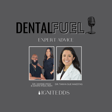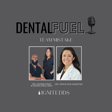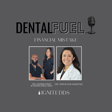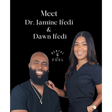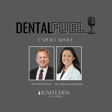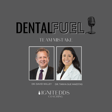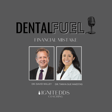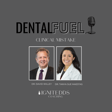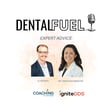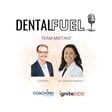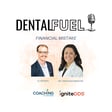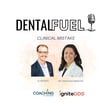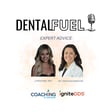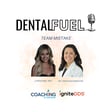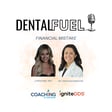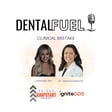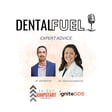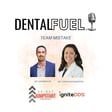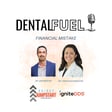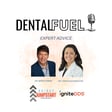
Dr. Dar Radfar: Clinical Mistake
In the next episode of Dental Fuel, Dr. Dar Radfar shares his powerful story of how a life-changing car accident led him to discover his own sleep apnea and completely transform his career.
Tune in as we explore his journey from that pivotal moment to over 22 years of helping patients improve their health through dentistry. You won’t want to miss this!
Key Takeaways:
- Integrating Sleep Apnea Treatment: Dr. Radfar emphasizes the transformative effects of incorporating sleep apnea solutions into dental practices, both for patient health and practice growth.
- Personal Experience: A life-threatening car accident revealed Dr. Radfar's own sleep apnea, igniting his passion for developing effective dental treatments for the condition.
- Continuous Learning: The importance of ongoing education and specialization, especially regarding new and complex procedures in dentistry.
- Professional Reflection: Insights into how Dr. Radfar overcame early career challenges by focusing on his strengths and seeking additional training.
- Mental Health Connections: The critical link between quality sleep, mental health, and overall well-being as observed through a dental lens.
About the Guest:
Dr. Dar Radfar is a seasoned dentist with over 22 years of experience in the field. He is a key advocate for integrating sleep apnea and snoring treatment within dental practices. Dr. Radfar began focusing on sleep apnea in 2009 after experiencing a life-changing car accident caused by his own undiagnosed condition. He has since become a pioneer in developing dental solutions for sleep apnea, creating over 1600 mouthpieces, and sharing his knowledge through RadSeminar.com where he educates other dentists.
Connect with Dr. Rad: @dr.radhealth
Connect with Ignitedds and Dr. David Rice: @ignitedds Free Intro Call
Connect with Tanya Sue Maestas: @tsmaestas.dds
Learn more about 90 Day JumpStart : https://ignitedds.com
